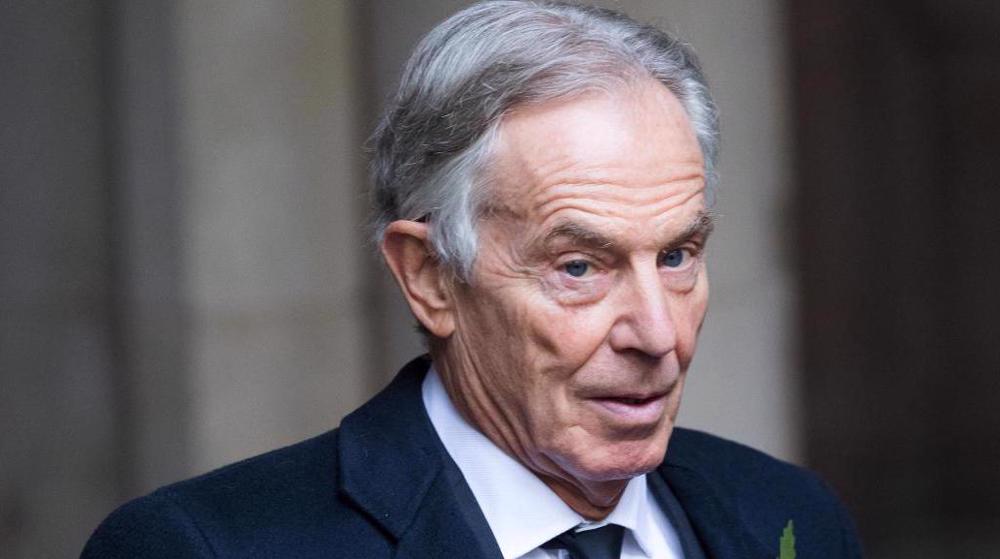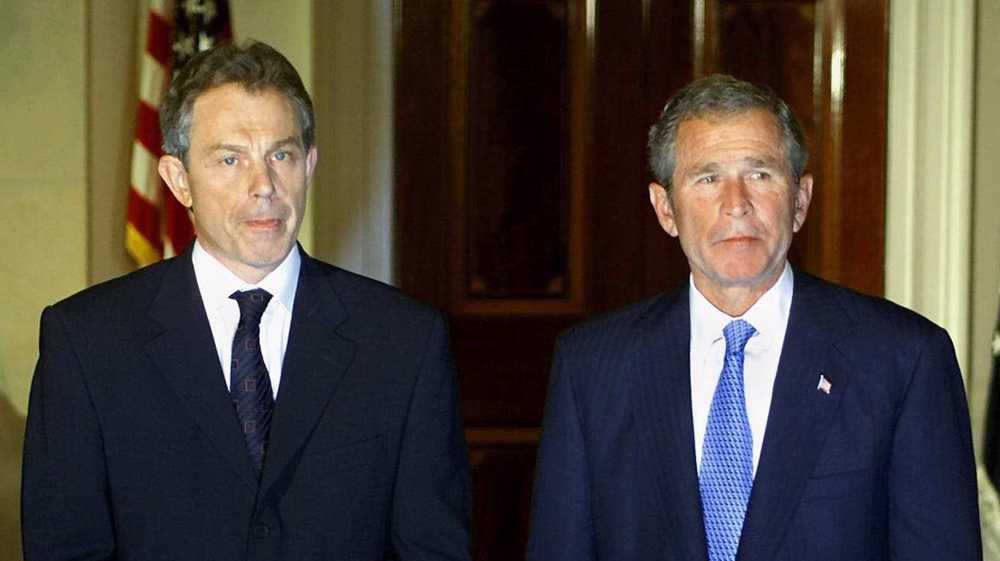Brexit to cause temporary turmoil in UK: Expert
Britain’s exit from the European Union following the historic referendum on Thursday will temporarily cause turmoil, but the UK will eventually remain part of Europe, according to an American author and radio host.
“There will be a lot of storm and turmoil that will go on for weeks, maybe months, and in the end, Britain will stay in the EU,” Stephen Lendman told Press TV on Friday.
“The union will not be ruptured, things will stay as they are now because that’s what the powers want,” Lendman said.
“So despite everything being said and written now in reaction; it’ll be a while, but we’ll see that Britain will remain in the EU and nothing really will change and Britain will find a way of manipulating things and simply undermining the will of the voters and do what they wanted in the first place; leave everything the way it is,” he added.
On Thursday, the UK voted to leave the 28-member bloc in a historic referendum.
The UK vote has already drawn varying reactions from leaders across the world, with many EU officials expressing concern over Britain’s decision to leave the bloc, while others have warned of the repercussions of remaining in the union.
British Prime Minister David Cameron said after the vote that he would leave office in fall, when his ruling Conservative Party will hold a conference.
UK’s decision to exit the EU caused the British pound to collapse. The pound fell to its lowest level against the US dollar since 1985 as the global markets reacted to the results.
Moreover, US banking and financial sector companies may eventually shift thousands of jobs out of London and elsewhere across the UK as a result of Brexit.
Membership of the European Union has been a controversial issue in the UK since the country joined the then European Economic Community in 1973.
People in favor of remaining in the bloc argued that leaving it would risk the UK's prosperity, diminish its influence over world affairs, and result in trade barriers between the UK and the EU.
On the other side, Britons who favor withdrawal believe that outside the bloc, the UK would be better off in conducting its own trade negotiations, better able to control immigration and free from what they believe to be excessive EU regulations and bureaucracy.
Trump's top general warns of Iran aggression risks: reports
VIDEO | US ambassador’s remarks on Israel’s expansion spark outrage
VIDEO | ‘Protect the Right to Protest’ rally held outside London court
VIDEO | Gaza bakery supports displaced families ahead of Ramadan Iftar
France blocks US ambassador from ministerial meetings after summons no-show
Around 20 nations condemn Israeli push toward West Bank annexation
Iran pursuing broader cooperation with African nations: Pezeshkian
Israeli minister threatens to seize entire Gaza if Hamas refuses to disarm









 This makes it easy to access the Press TV website
This makes it easy to access the Press TV website